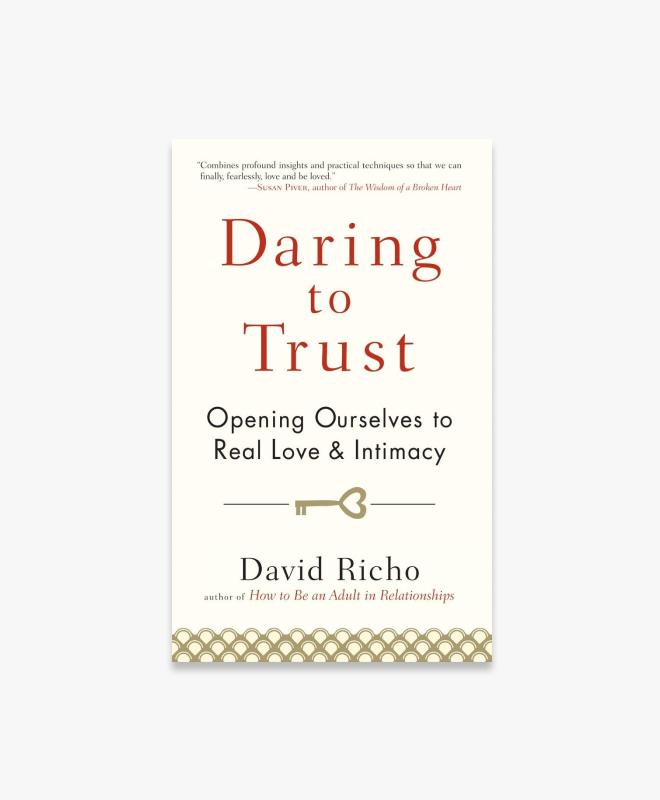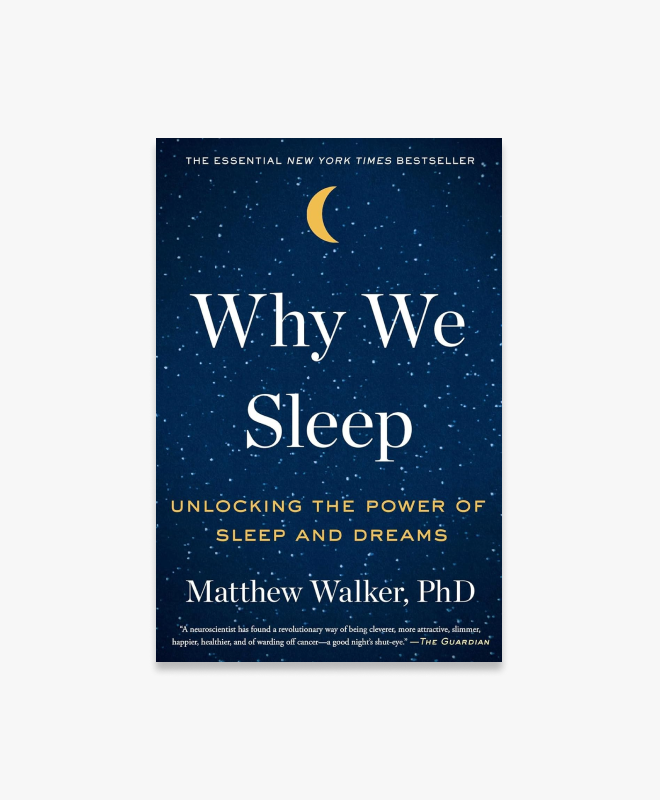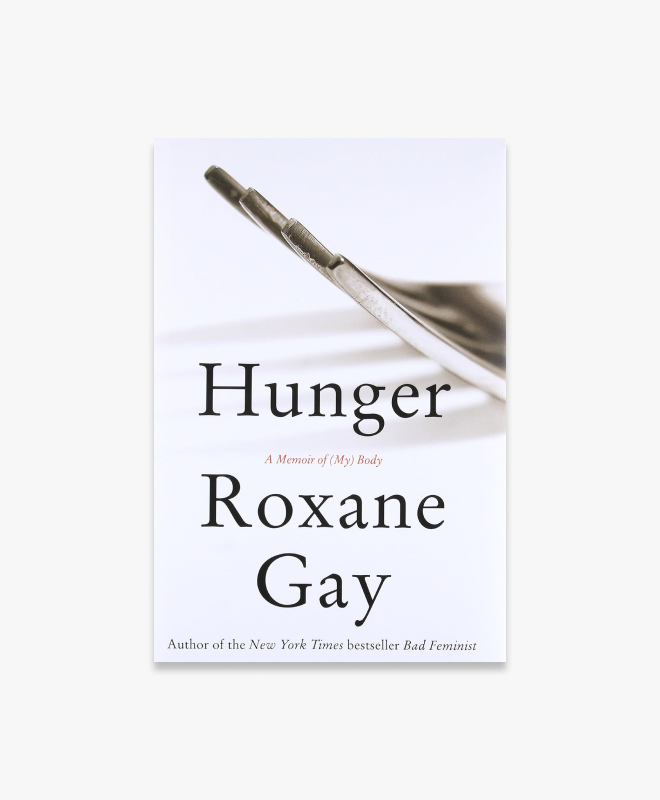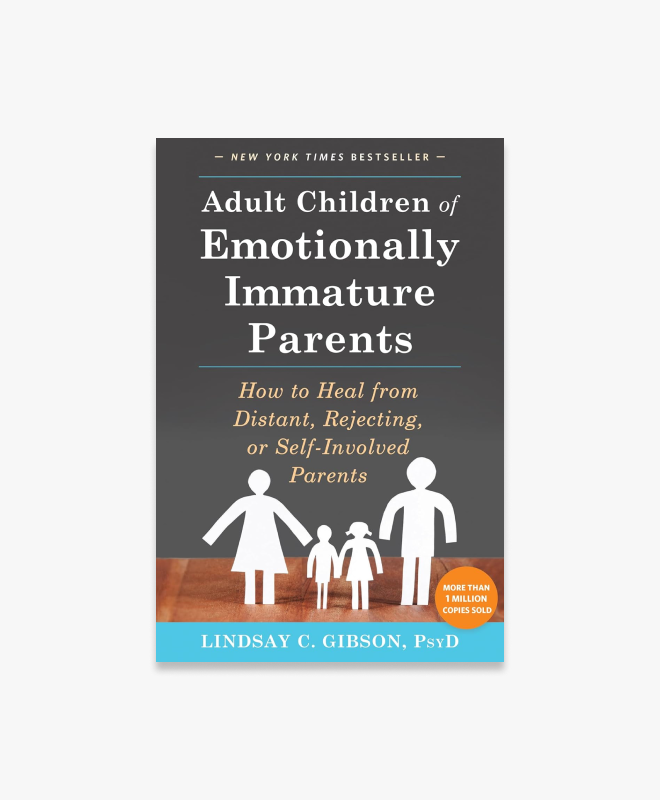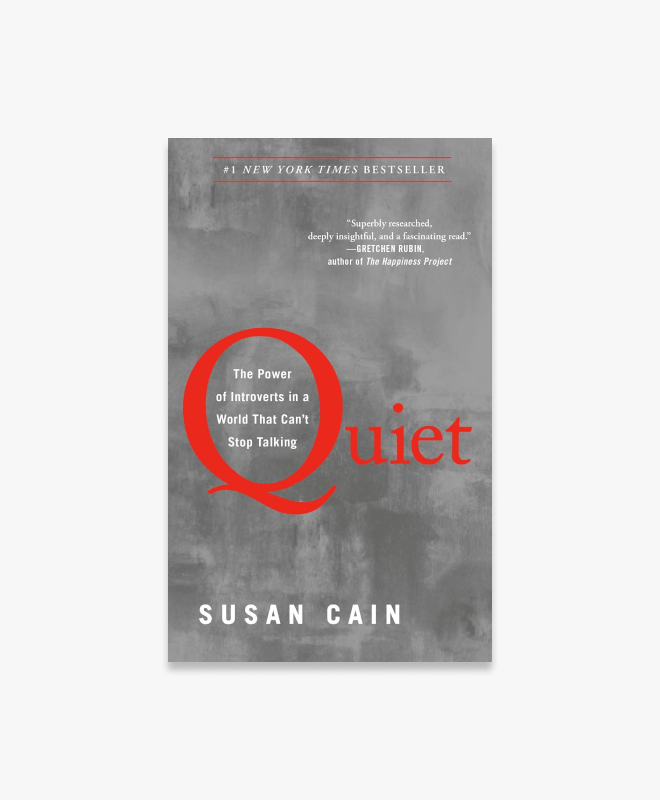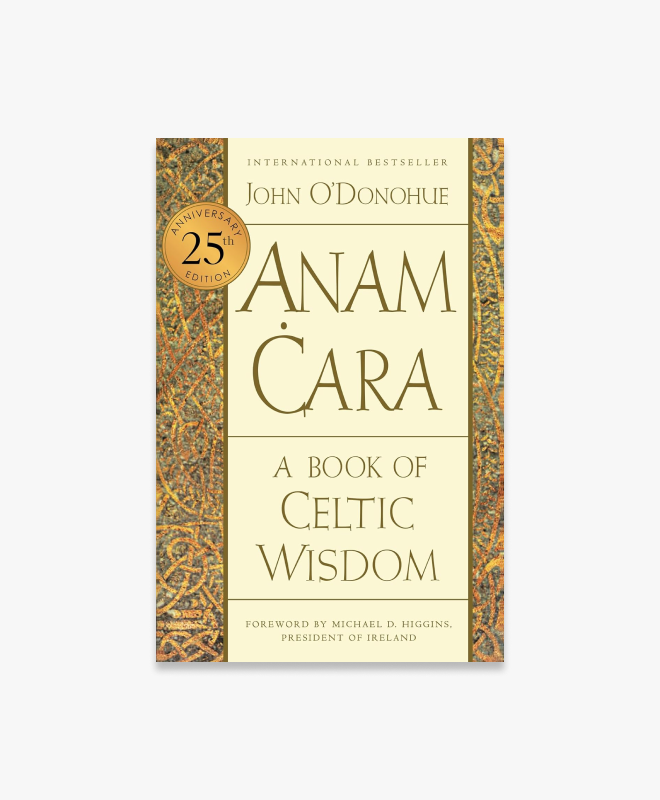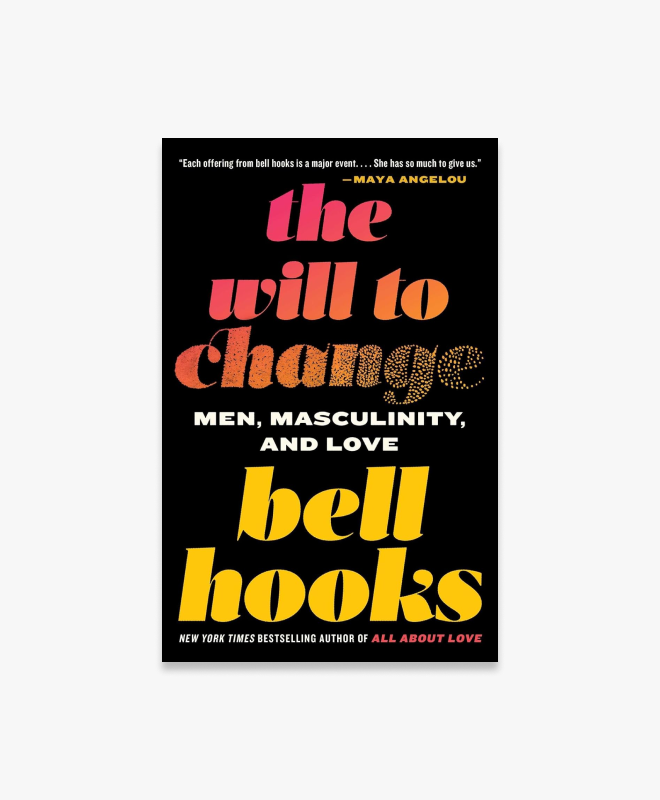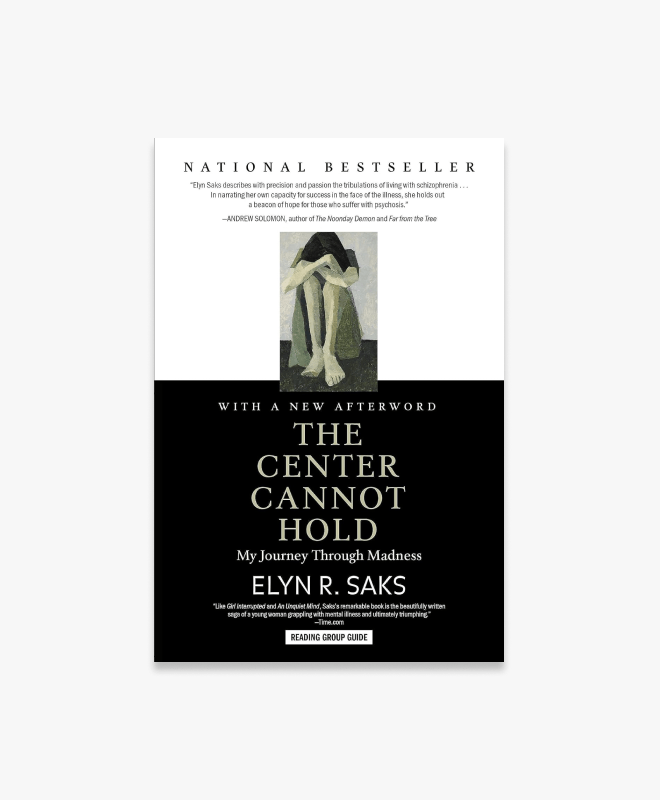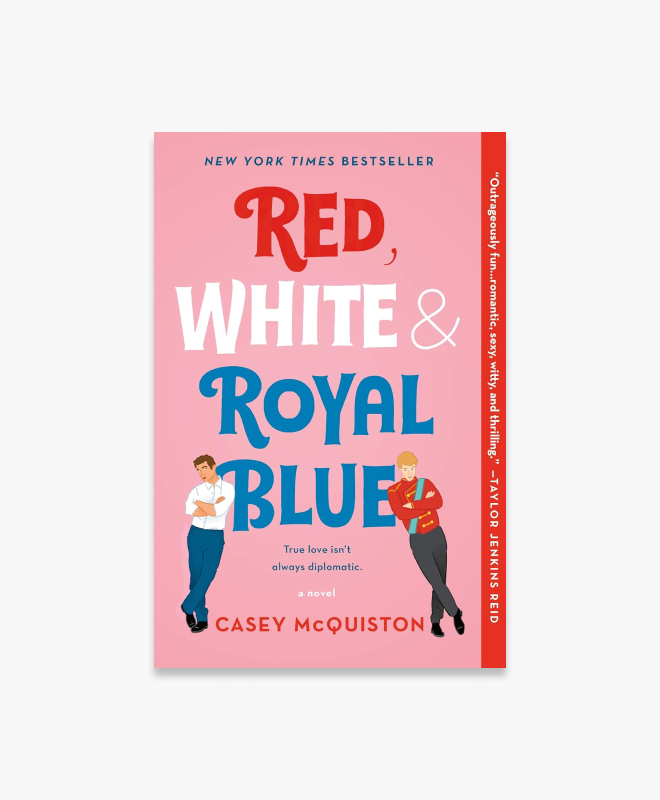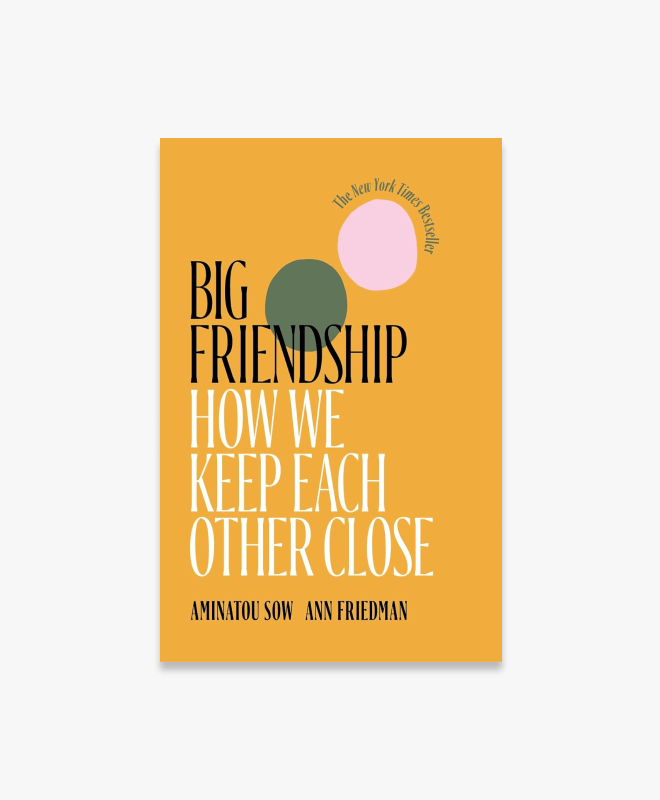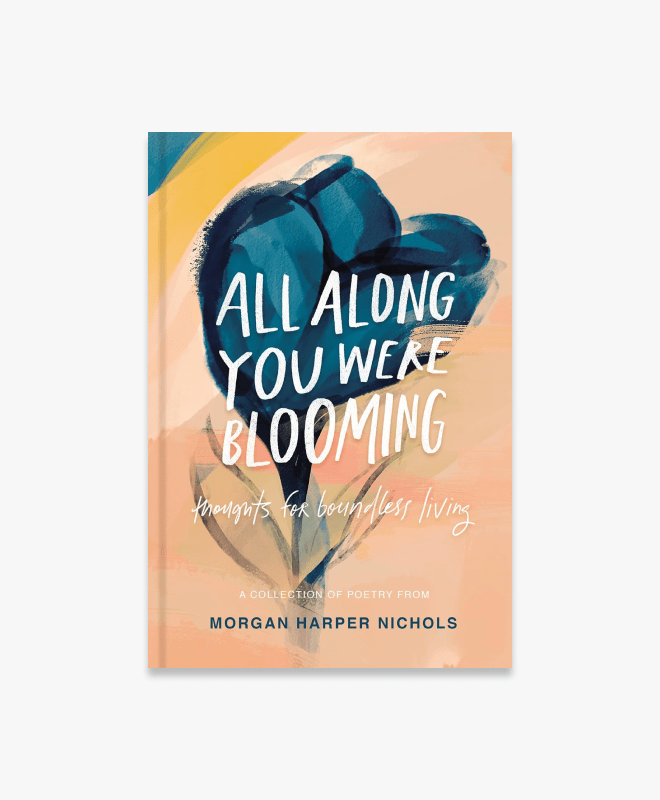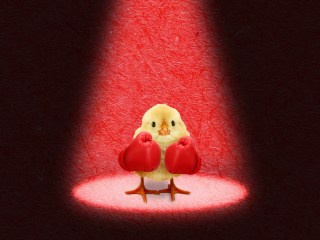“This book completely changed the way I think about the idea of trust. It helped me understand how our early experiences of trust (or mistrust) with others have powerful impacts on the way we trust others and how we learn to trust ourselves. It also showed me how childlike trust and adultlike trust are very different, and how as adults we can work on building trust in healthy ways, even when we’ve had difficult past experiences. As a therapist, this is a book I find myself suggesting to almost all of my clients at different points throughout therapy!” —Zarmina Khan, MEd, a psychotherapist with Bloom Psychology
25 Books That Actually Changed People’s Lives
Not to be dramatic, but these books might become your whole personality.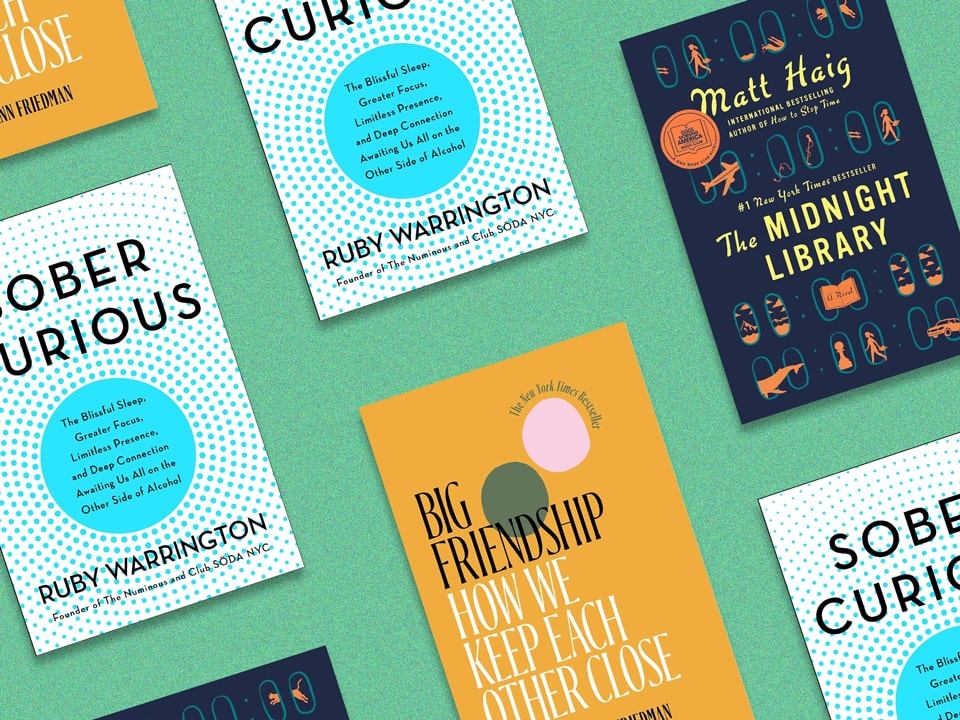
Whether you’re a hardcore book lover or a casual reader, you likely know books can do a lot—show us new perspectives, entertain us for hours, or provide plenty of much-needed escape from reality. And every once in a while, if you’re lucky, a book can pull off something more: It can change your frickin’ life. These glowing book recommendations are about the stories that did just that.
I know—that’s a lot of pressure to put on a book. But I’m not just talking about those reads that make you squeal with delight because they’re just so good. I’m talking about the ones that linger long after you’ve turned the last page and make you rethink how you approach life, relationships, or even yourself. I don’t know about you, but over the years, books have made me feel less alone in the world, triggered major “aha” moments, and given me the nudge I needed to make a change.
Those types of books aren’t always easy to come by though. So to help you find your next impactful read, we asked everyday readers and mental health professionals to rec the books that changed the game—whatever that meant to them. These book recommendations may or may not rock your world in the exact same way, but who knows? They’ve already changed some lives—yours might be next.
-
-
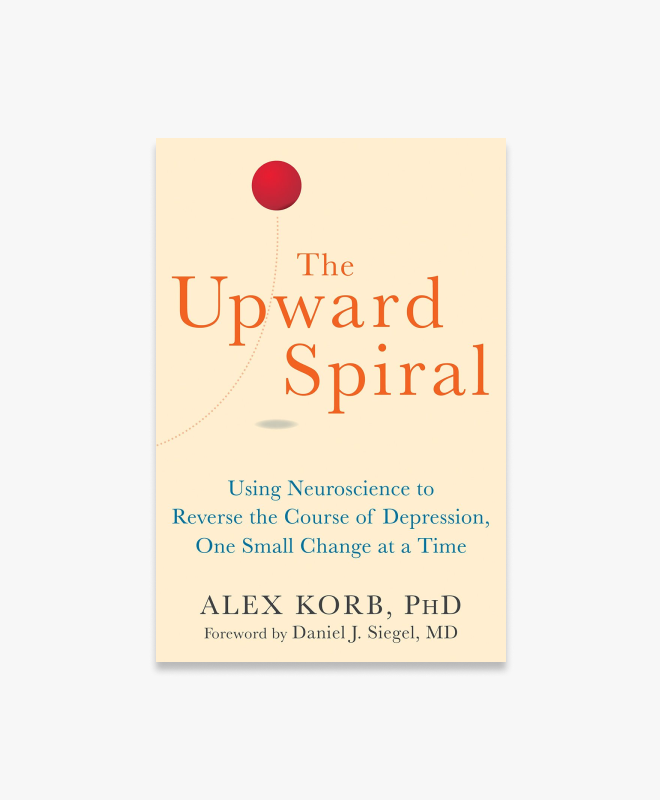
“It helped me understand my depression as a chronic illness that can progress—it makes taking care of yourself harder, which makes depression worse, which makes taking care of yourself harder. But it showed me the reverse is also true. Whatever small way you can manage to take care of yourself (taking your meds, keeping that appointment, eating something, going outside, anything) will make it a little easier to do the next thing. It helped me see a way out of the nothingness pit.” —Taylor B., 33
-
“Wow! After reading this, I never looked at sleep in the same way. Not only do I now intentionally harness the power of sleep, but it also encouraged me to advocate for greater sleep awareness. As a health teacher, I now spend maybe three hours in class teaching sleep to my sophomores. We create sleep advocacy podcasts as one of our assignments and it might be the material that most resonates with my students.” —Andy M., 53
-
“I am a late-diagnosed neurodivergent woman who finally understood this aspect of myself in my mid-40s. This book helped me see myself with a whole new viewpoint and understand how to lean into my strengths as well as support the challenges that my neurodivergence causes.” —Tan P., 48
-
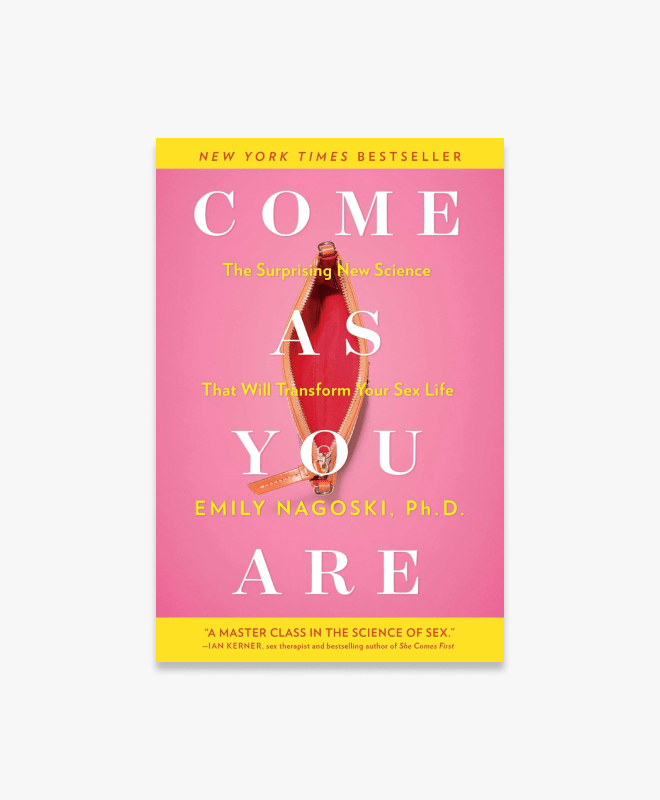
“I read Come As You Are on the recommendation of my therapist after I’d expressed shame, guilt, and insecurities around my sex life. This book takes a science-backed approach to explain how and why almost nothing in your sex life is abnormal, and looks at how women are more conditioned from a young age to feel guilt and shame around their sexuality. I felt empowered and confident to explore more intimately with my partner post-read, and have recommended this to all my girlfriends now too!” —Cassie F., 34
-
“From the standpoint of someone who also endured trauma and a resulting mental health disorder, I thought Hunger did an incredible job at capturing the never-ending quest to feel enough—or safe in one’s body, which is something that many trauma survivors experience.” —Sara R., 35
-
“This book has been extraordinarily clarifying for my clients (and for several friends!) who have unsatisfying or frustrating relationships with their parents. The author helpfully categorizes common annoying parental tropes (e.g., the parent who always seems to make every issue about themselves, or the parent who explodes when things don’t go their way) into different types of emotional immaturity. It then talks about the two types of responses that children often have to these parents, and how these responses may make forming healthy adult relationships difficult. Finally, it provides strategies for how the reader can improve their relationship with their emotionally immature parents, as well as how they can identify emotionally mature adults with whom they form relationships. —Mary Houston, LCSW, a therapist based in Durham, North Carolina
-
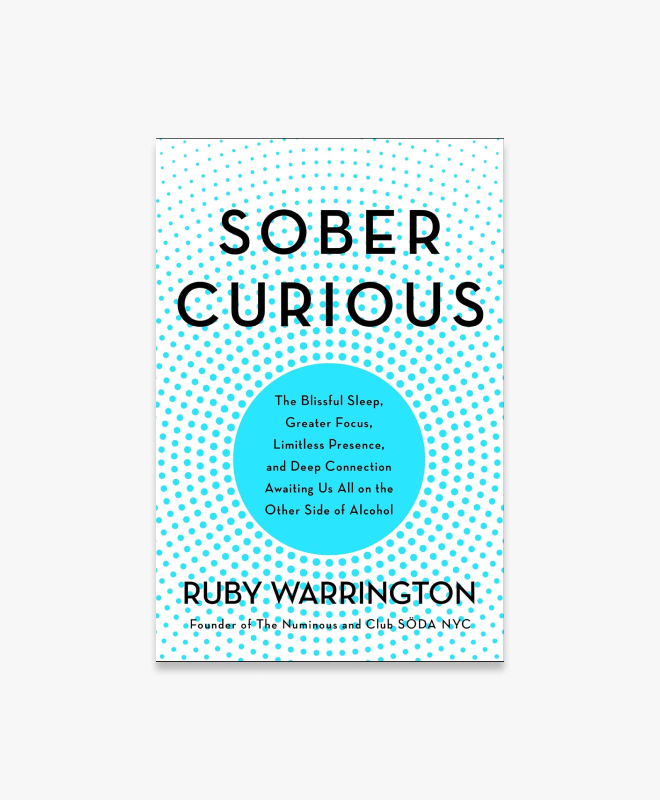 8.Amazon
8.Amazon“At age 33, I started to question if I drank too much. I saw an Instagram post with a stack of books, one called Sober Curious. The title alone captured how I felt—I was curious about being sober, but not all in. I read the entire book on the plane home from vacation, resonating with Warrington’s desire to reclaim hungover hours and explore creative projects. The plane landed, and I committed to having only one drink a week. Six months later, I did a full Dry January. By February 2020, I fully quit. Warrington, a childless-by-choice New Yorker, reminded me of myself. Seeing her successful life after quitting booze inspired me to do the same.” —Kerry H., 38
-
“What My Bones Know was the first book I’d read that portrayed my experience with complex post-traumatic stress disorder (C-PTSD). When I was diagnosed, it was impossible to accept things could have been ‘bad enough’ growing up to make me like this. But Stephanie Foo’s memoir was key for me in taking the steps I needed to heal as well. I was able to take the book to therapy and point to lines and say, ‘This. This is what I’ve been trying to say!’ I’m still early in all this, but I wouldn’t even have gotten this far without this book.” —Avery F., 36
-
“As a child, throughout high school and college, and even well into my 20s, I always thought something was wrong with me because I craved and needed quiet time. Rest, breaks from talking and listening, time to unplug, and even naps. I wondered why I was like that, and how I could try to change to be more ‘fun’ and ‘outgoing,’ or even ‘up for anything.’ When I read Quiet by Susan Cain it was one of the first times I felt seen. That it was normal, even healthy, to want and need downtime. It helped me better understand myself and, most importantly, better accept and embrace who I am.” —Allison K., 41
-
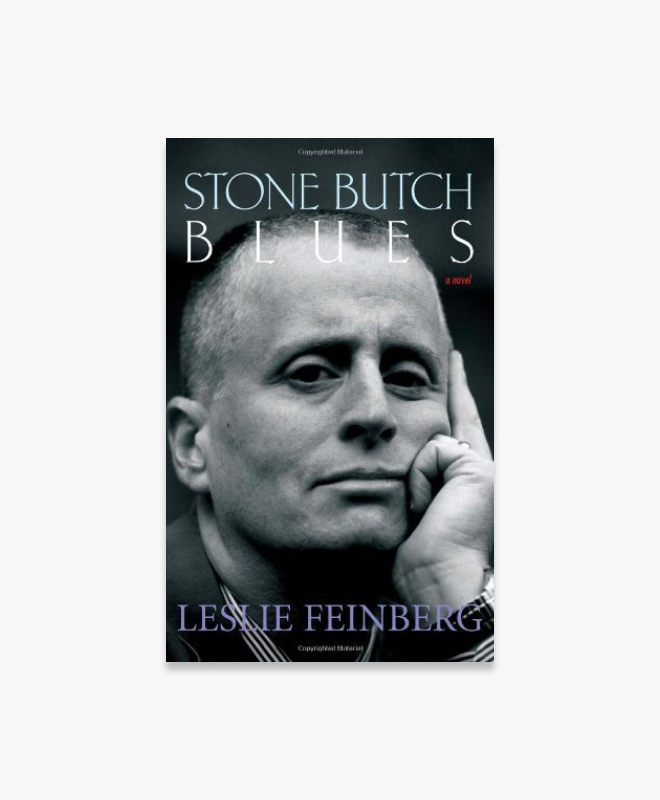 11.Amazon
11.Amazon“It taught me what it means to have solidarity in the queer community and how liberatory politics can derive from that. I have been struggling with how therapy focuses on my personal happiness in a broken world and this book taught me how I can heal through sacrifice for a greater project and community care.” —Ty U, 33
[Editor’s note: This book can be hard to find, but you can also access the full-text free here.]
-
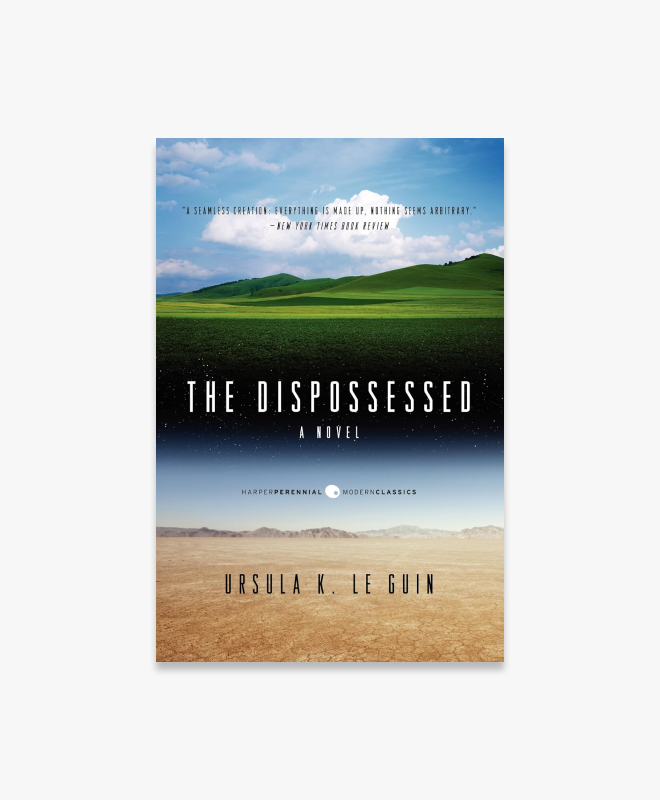 12.Amazon
12.Amazon“The Dispossessed changed my perspective on working and life, the value of my efforts, and how it can either alienate or connect me to other people. All of Le Guin’s work is amazing, especially from The Hainish Cycle, but this one holds a special place in my heart.” —Dang B., 35
-
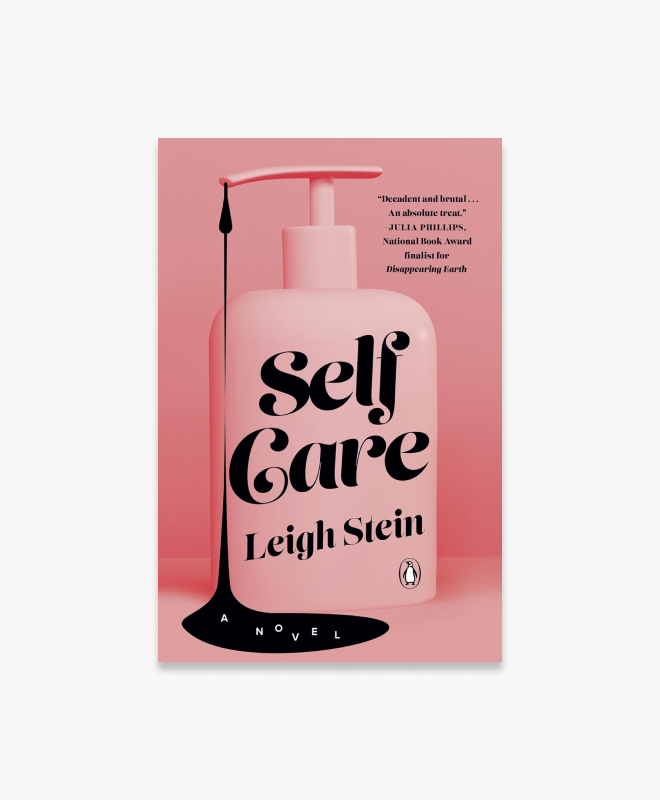 13.Amazon
13.AmazonSelf Care by Leigh Stein
$10.09“Self Care is a satire about a wellness industry start-up and I read it when I was at a particularly toxic job in the same industry. It highlighted for me things I’d gotten fed up with but hadn’t been able to articulate, such as the toxic positivity and hypocrisy. Once I realized how much I related to the characters (sometimes in awful ways) I wound up quitting my job shortly after.” —Jackie R., 28
-
“I know everyone is burned out on burnout (haha), but as someone who was (and still is to some extent) extremely burned out, this book gave me the specific language and context to talk about it. My parents love to tell me ‘Welcome to adulthood!’ whenever I complain about work, but Can’t Even outlined a lot of the specific problems millennials have faced, from being sold the false promise of ‘never working a day in your life’ as long as you follow your passion to getting those passions exploited by jobs via low wages and overwork.
“As for how they changed my life, well, I’m now on the bargaining committee involved in unionizing my workplace and even if I’m still burned out, I feel less hopeless about it than ever.” —Frances T., 31
-
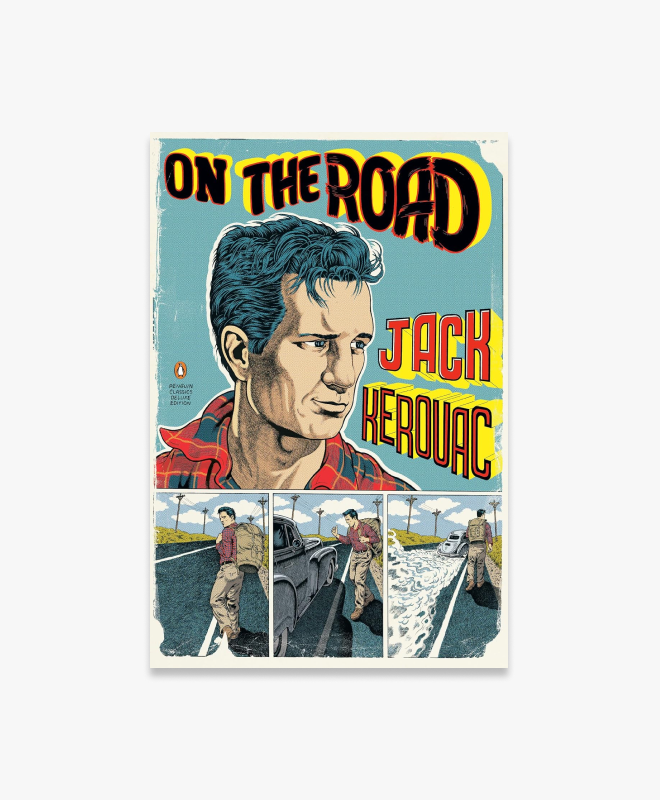 15.Amazon
15.AmazonOn the Road by Jack Kerouac
$11.19“I had just graduated college and was admittedly a little lost about what the future held for me. I graduated into an economy that didn’t really have much opportunity. I had a little part-time job at Barnes and Noble. I felt like Sal, a writer like myself, was on this self-discovery journey and it helped me feel a little less lost and alone. It gave me perspective, community, and a sense of self.” —Caroline R., 36
-
“Anam Cara is a profound exploration of the Celtic understanding of the soul and the deep connections we construct with ourselves and others. Through poetic prose and timeless wisdom, O’Donohue invites readers to access the sacredness of their inner life and the transformative power of friendship. As a psychotherapist, I have found this book to be a powerful tool, particularly in a world that glorifies romantic love at the expense of the other kinds. It offers profound insights into self-discovery and healing, providing a rich source of inspiration and reflection.” —Britt Frank, LSCSW, therapist and author of The Science of Suck
-
“I read this book after graduating college and was kind of panicking about my friendships and relationships changing as the structure of our lives shifted. The points about putting love first in an unselfish way in relationships (over jealousy, over FOMO, over fear) were very helpful to me.” —Ruthie D., 25
-
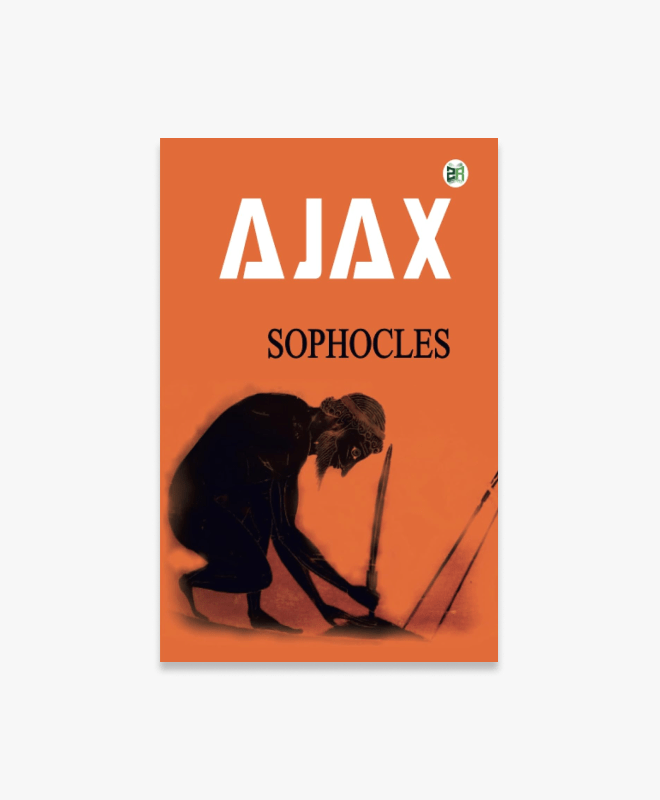 18.Amazon
18.AmazonAjax by Sophocles
$5.99“It’s a treatment of suicide that is very, very frank by modern standards (even though it’s not ‘realistic’)—it shows pride and pressure overwhelming someone and the worst possible way to cope. I read the play at a time in college when things were pretty bleak, and the depiction of the aftermath of Ajax’s death—which solves nothing and results in more petty squabbles—led me to let go of some stresses that had seemed crushing or inescapable.” —Daniel G., 29
-
“As a psychiatrist, my patients often think that a diagnosis of a psychotic disorder is going to completely derail their lives. I can think of countless conversations with patients and families on the inpatient psychiatric ward and in my clinic with college students often experiencing their ‘first break’ and the fear and stigma they felt with hearing the word ‘schizophrenia’ or even symptoms like ‘paranoia’ or ‘psychosis.’ Thanks to the beautiful story of Elyn Sachs, who walks through her life in this memoir from the first time she heard voices to her journey to becoming an esteemed lawyer and professional, I have been able to show a counter-example, one of strength and growth in spite of a life-changing diagnosis. This book shows how someone can experience chronic mental illness and not just survive, but thrive.” —Jessi Gold, MD, psychiatrist and chief wellness officer for the University of Tennessee System, and author of How Do You Feel?
-
“A fictional romance about America’s first son and the prince of Wales falling in love! When I came out to my family this was the first book I read. Seeing queer representation on the page made me feel seen and I knew I wasn’t alone. McQuiston explained how even at 21, you’re still learning new things about yourself and you’re still allowed to be scared to tell others and scared you won’t be supported. This book helped me too much.” —Emma M., 16
“It was just this beautifully-crafted story of queer joy that gave me hope and opened me back up. It reminded me that not everything is bleak, that queer people can be happy and have happy stories and find joy in the world.” —Riz S., 29
-
“This book completely changed how I see friendship and, as a result, adult life. I’m a single woman in my 30s and an incredible amount of ink has been spilled about romantic relationships and marriage, but significantly less attention has been paid to the platonic relationships that make up our community. This book dares to ask: What if you took the task of maintaining your friendships as seriously as you did your career, your marriage, etc.?” —Samantha R., 32
-
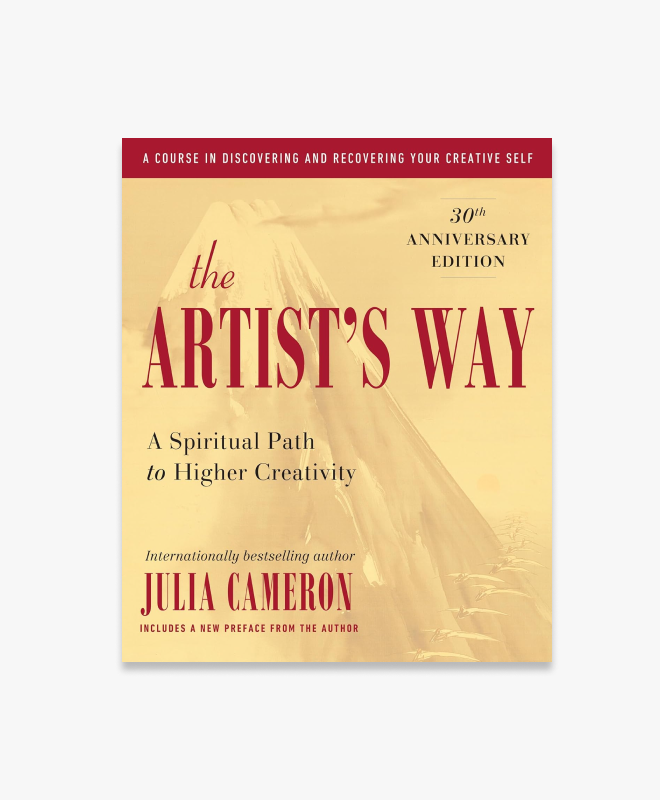 22.Amazon
22.Amazon“As someone who is friends with lots of creatives, I know several people who cite this 12-week program as the way they got out of their creativity rut—even if they didn’t complete all 12 weeks! Many of the exercises in the book are about self-reflection, putting yourself out there, and reminding yourself that perfection is not the goal. Despite the title, you don’t have to be an artist to do The Artist’s Way! I’ve done a few weeks of the program as a therapist and found them extremely helpful, especially the morning pages.” —Houston
-
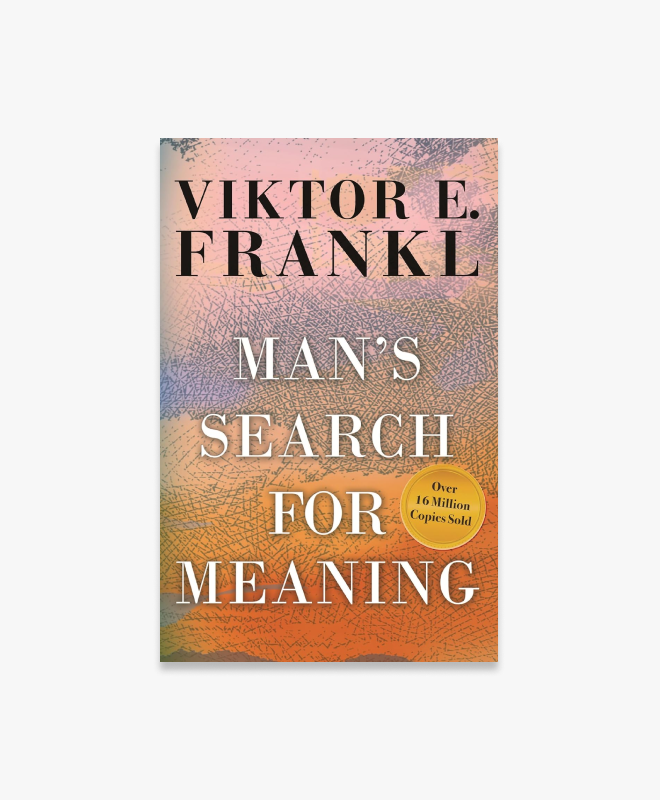 23.Amazon
23.Amazon“It’s about a man who survived the Holocaust and finding meaning by facing suffering with dignity. When I read it in grad school, it spoke to me because it had me think about holding on to some kind of hope, no matter how small. By just having a little amount of light in the dark, it can help you pull through very difficult times. I try to hold hope no matter how bleak things seem to be because it helps to keep going.” —Briana Mills, LMFT, a therapist based in Los Angeles, California
-
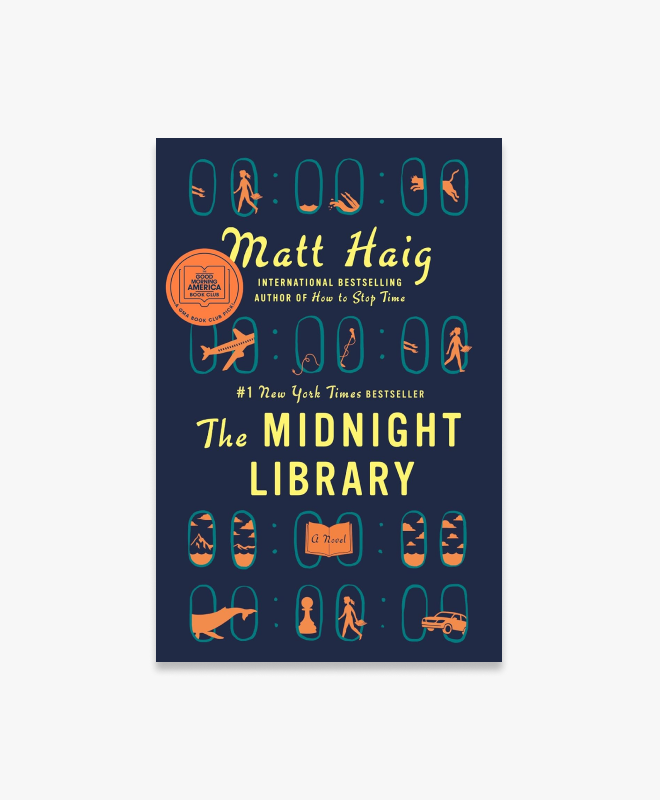 24.Amazon
24.Amazon“I casually picked up The Midnight Library having no idea that it would change my perspective on life! My whole life, I’d always crushingly and annoyingly lived by this quote from Extremely Loud and Incredibly Close: “Sometimes I can hear my bones straining under the weight of all the lives I’m not living.” BUT The Midnight Library, which literally takes its main character through all the different paths her life could’ve taken, taught me to be happy where I am and that sometimes the grass really isn’t greener on the other side.” —Emma Wright, Chief of Staff, Wondermind
-
“I’m very much not a poetry person, but when I first came across Morgan Harper Nichols’s Instagram feed filled with hopeful reminders on beautiful illustrations, I became a fan of her writing. I picked up this book of her poems at a time in my life when I was completely flailing—unhappy at work, lonely as hell, sidelined by a literal pandemic, and more uncertain about the future than I had ever been. During that time, I almost used this book like a tarot deck, flipping to a random page and always getting a reminder that felt so perfect for what I was feeling. Just like her Instagram feed, these poems aren’t filled with toxic positivity or “look on the bright side” messages. It’s validating and hopeful while still acknowledging that sometimes things really suck. I’ve gifted this book so many times I’ve lost count!” —Casey Gueren, VP, Head of Content, Wondermind
Wondermind does not provide medical advice, diagnosis, or treatment. Any information published on this website or by this brand is not intended as a replacement for medical advice. Always consult a qualified health or mental health professional with any questions or concerns about your mental health.
